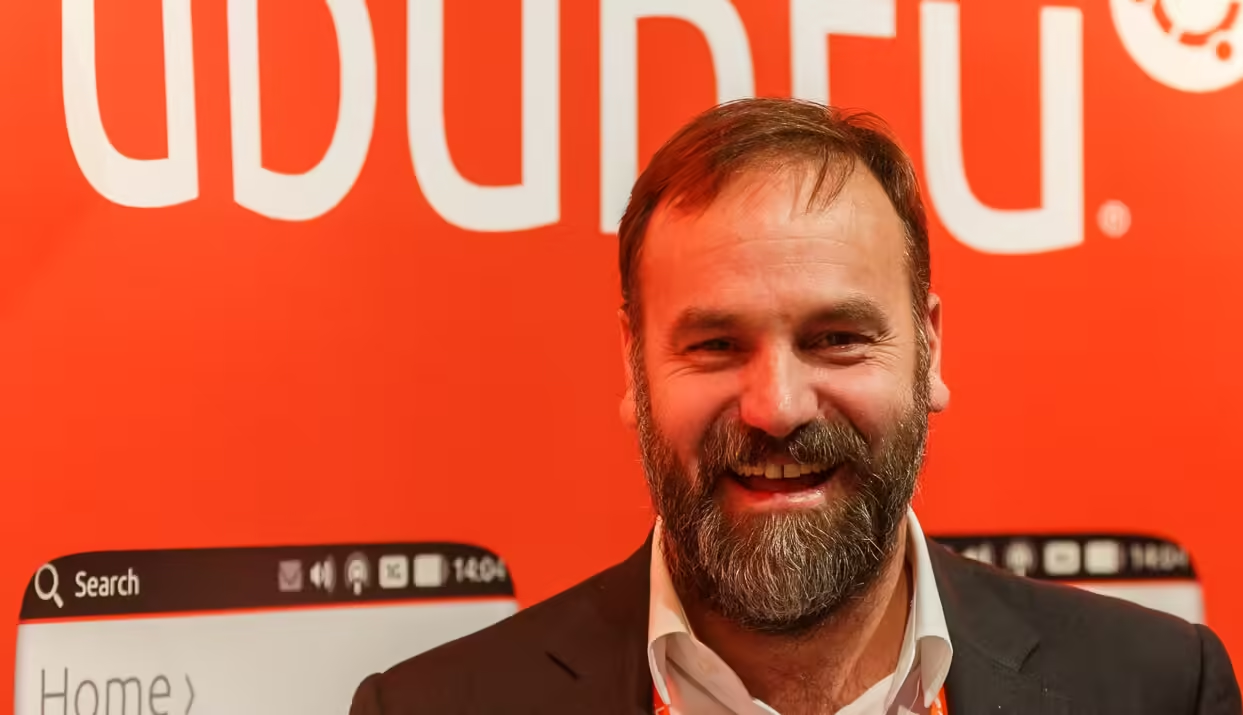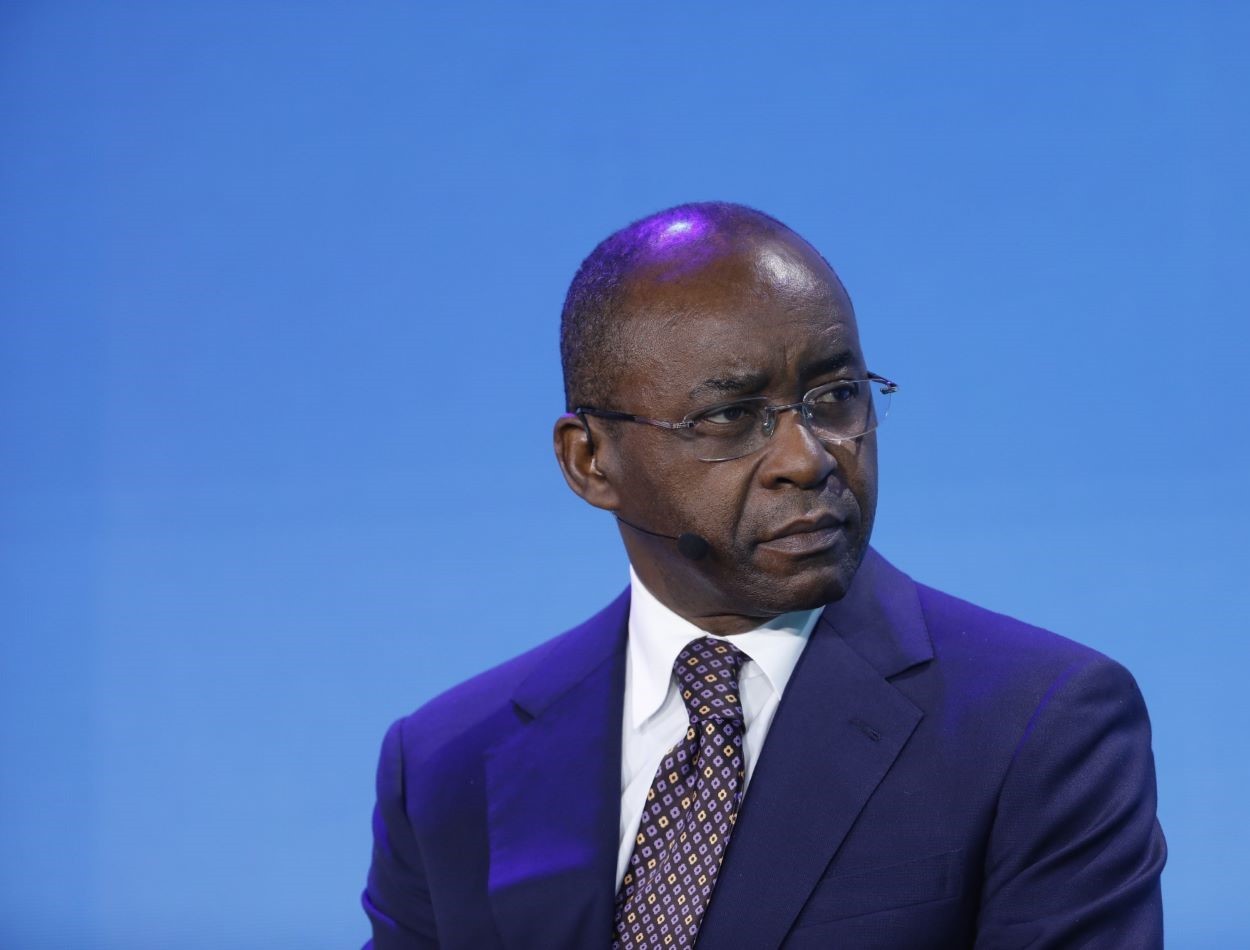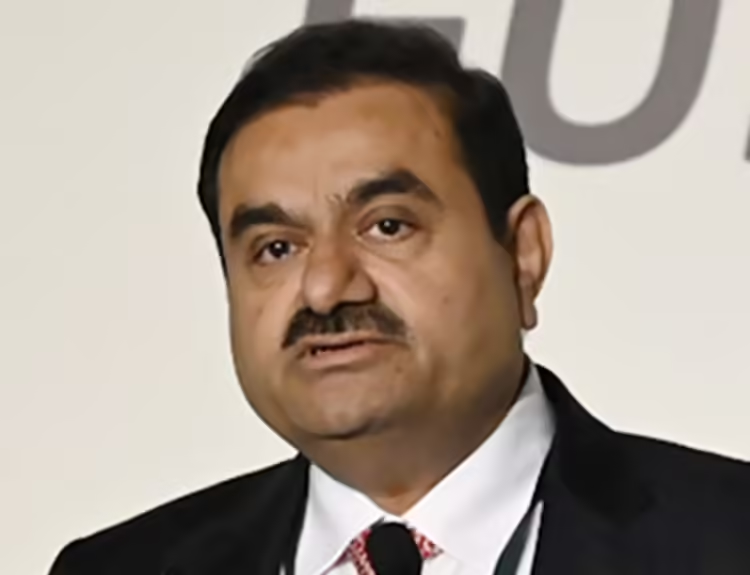Mark Shuttleworth is not your average tech entrepreneur. From pioneering the internet security industry to becoming the first African to venture into space, Shuttleworth’s career is as interesting as it is groundbreaking.
Best known for founding Canonical, the company behind the Ubuntu Linux operating system, Shuttleworth has played a critical role in shaping the open-source software industry. He is often described as ambitious and a risk-taker, but his career has also been punctuated by a lot of challenges and some controversies to his larger-than-life persona.
Contents
A young visionary
Born in 1973 in Welkom, a mining town in South Africa, Shuttleworth had a fairly ordinary upbringing by South African standards. His father, Richard, was a surgeon, while his mother, Ronelle, was a kindergarten teacher. However, it was clear from a young age that Shuttleworth was destined for a path far beyond the ordinary. A curious and bright child, he developed an early fascination with technology and computers, often teaching himself how to code while still in school.
Shuttleworth’s formal education began at Western Province Preparatory School in Cape Town, followed by Bishops Diocesan College, a prestigious boarding school. His entrepreneurial spirit began to manifest during his university years at the University of Cape Town (UCT), where he studied finance and information systems. It was here that Shuttleworth made his first foray into the burgeoning world of the internet.
Thawte: A Pioneer in cybersecurity
In 1995, while still at UCT, Shuttleworth founded Thawte Consulting, an internet security company that specialized in digital certificates and encryption. The internet was still in its infancy, but Shuttleworth had the foresight to recognize the growing need for secure online communication. Thawte became the first company outside the United States to offer SSL (Secure Sockets Layer) certificates, which secure websites by encrypting the data exchanged between users and the site.
Thawte’s success was rapid. By 1999, Shuttleworth’s company controlled nearly 40% of the global SSL certificate market. That year, he made a decision that would dramatically change his life: he sold Thawte to VeriSign, an American internet security company, for $575 million. Shuttleworth was just 26 years old and had become a multi-millionaire overnight.
The first African in space
While many would have rested on their laurels after such a monumental sale, Shuttleworth’s ambition soared—literally. In 2002, he made headlines around the world by becoming the first African to travel to space. After investing approximately $20 million of his own money, Shuttleworth trained for eight months in Russia, preparing for a mission aboard a Soyuz spacecraft. On April 25, 2002, he blasted off to the International Space Station (ISS), where he spent eight days conducting scientific research, including experiments on AIDS and genome sequencing.
Shuttleworth’s space mission was not just a personal achievement, but also a symbol of African innovation and potential. He used the experience to inspire young Africans, founding the Shuttleworth Foundation shortly after his return to Earth. The foundation focuses on funding projects that drive social change through innovation, particularly in education.
Democratizing software
Shuttleworth’s most enduring legacy in the tech world, however, would come a few years after his return from space. In 2004, he founded Canonical Ltd., a software company with a mission to make open-source software accessible to everyone. The company’s flagship product, Ubuntu, quickly became one of the most popular Linux-based operating systems globally.
Named after the African philosophy of “Ubuntu,” which means “I am because we are,” the software aimed to democratize access to technology. At a time when Microsoft Windows dominated the personal computing market, Shuttleworth saw an opportunity to provide a free, user-friendly alternative. Ubuntu’s simplicity and reliability made it particularly popular among developers and enterprises.
Canonical, under Shuttleworth’s leadership, expanded its offerings beyond desktop computing to include cloud computing, IoT (Internet of Things), and server technologies. Ubuntu became a key player in the enterprise world, with major companies like Google, Amazon, and Netflix using the operating system to run their servers. Despite this success, Shuttleworth maintained that Canonical’s core mission was to support free software and community-driven innovation.
Wealth and net worth
As of 2024, Shuttleworth’s net worth is estimated to be around $1 billion, though it fluctuates depending on his investments and the success of Canonical. He has consistently reinvested his wealth into Canonical and other ventures, demonstrating a commitment to long-term growth rather than short-term profits. Despite being a billionaire, Shuttleworth is known for his low-key lifestyle, rarely flaunting his wealth in public.
Philanthropy
Shuttleworth’s wealth has enabled him to become a significant force in philanthropy. In 2001, he established the Shuttleworth Foundation, a non-profit organization that funds innovative social change projects, particularly in the field of education and open-source software. The foundation provides fellowships to individuals with groundbreaking ideas, giving them financial and strategic support to bring their projects to life.
One of the most notable initiatives supported by the Shuttleworth Foundation is the Open Curriculum Project, which aims to provide free educational resources to schools across Africa. The foundation has also funded various projects in the field of internet access and open data, aiming to reduce the digital divide, particularly in underserved communities.
Controversies
Despite his many successes, Shuttleworth has not been without controversy. One of the criticisms frequently leveled against him is his leadership style at Canonical. Some former employees have described Shuttleworth as a micromanager, with a tendency to exert too much control over product decisions, particularly in the early days of Ubuntu’s development. This led to occasional tensions between him and the open-source community, which values collaboration and decentralized decision-making.
Another point of contention has been Canonical’s business strategy. While Ubuntu is free for personal use, Canonical has focused on monetizing enterprise services, such as cloud infrastructure and support for businesses. Some in the open-source community have criticized this approach, claiming that it prioritizes profits over the community-driven ethos that originally defined Ubuntu.
In 2017, Shuttleworth faced backlash when Canonical decided to discontinue its Unity desktop environment and its ambitious plans for Ubuntu Touch, a mobile operating system designed to compete with Android and iOS. The failure of Ubuntu Touch was seen as a major setback, as Shuttleworth had once envisioned a future where Ubuntu-powered smartphones and tablets could seamlessly integrate with desktop environments. Despite the criticism, Shuttleworth defended the decision as necessary to focus on Canonical’s core strengths.
A visionary entrepreneur?
Today, Shuttleworth remains an influential figure in the tech world. Canonical continues to be a major player in cloud computing, and Ubuntu is widely used in both personal computing and enterprise settings. His ability to pivot from internet security to space exploration and then to open-source software is a testament to his versatility as an entrepreneur.
As the tech industry evolves, Shuttleworth’s vision for a more open, accessible digital world remains as relevant as ever. His commitment to open-source principles, combined with his philanthropic efforts, ensures that his legacy will extend far beyond his business ventures.
Personal life
Though Shuttleworth is often in the public eye due to his business ventures, he tends to keep his personal life private. He is unmarried and reportedly enjoys a relatively low-key lifestyle despite his immense wealth. Shuttleworth splits his time between his native South Africa and the Isle of Man, where Canonical is headquartered.
Mark Shuttleworth is not just an entrepreneur but a visionary with a unique blend of ambition and altruism. From securing the early internet to democratizing software with Ubuntu, his influence on the tech world is undeniable. Yet, it is his commitment to using his wealth and influence for social good that truly sets him apart. Whether in space or on Earth, Shuttleworth continues to push the boundaries of what is possible.






